Development cycle

Aside from providing web development services, we also have a strong background in building desktop and server software for various domains. Our developers have long experience in working with many programming languages, frameworks and platforms, some of which are outlined below. We are happy to implement both stand-alone software as well as modules to extend existing systems.
Our team has competence to carry out all phases of software development cycle, thus eliminating the need for any third-party services or resources. If need be, we are eager to cooperate with domain experts or end-users of the application being built.

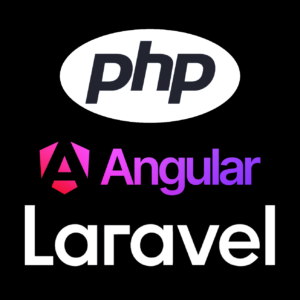
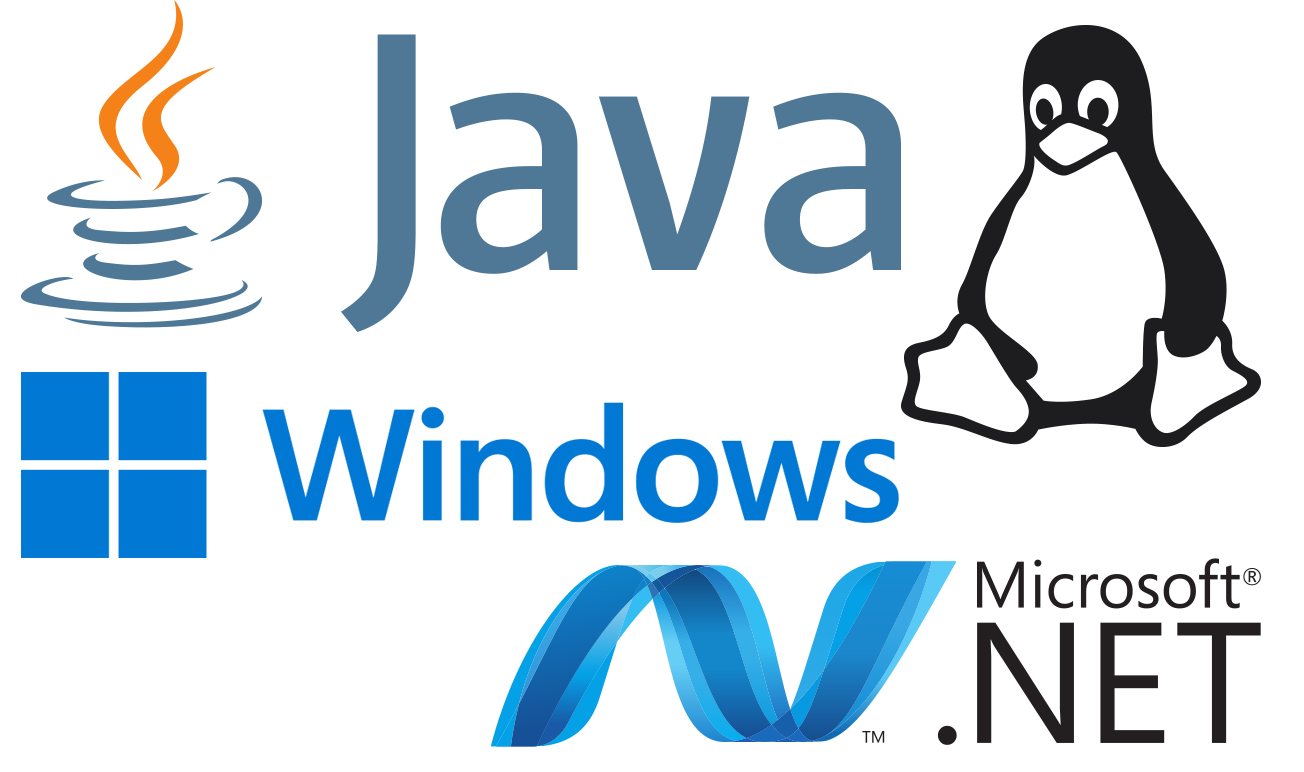
Desktop applications are meant to work on a PC or a tablet computer. They usually require prior installation and include graphical user interface (GUI). Such applications enable the use of barcode scanners, RFID readers and other peripheral devices. For development we use either Java or .NET framework and in the latter case we prefer C# programming language.
For building GUI, we utilize both platform specific as well as cross-platform frameworks. For Windows we use UWP (Universal Windows Platform) or WPF (Windows Presentation Foundation). For Java applications we choose either SWT (Standard Widget Toolkit) or Swing.
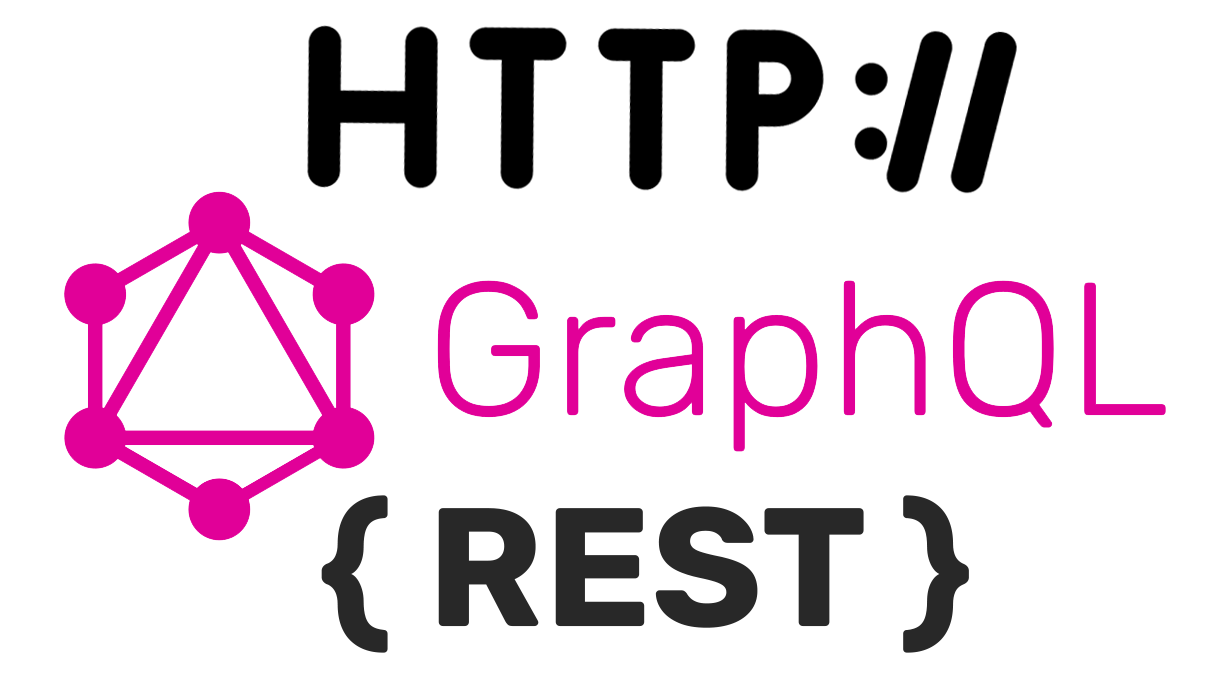
Web service is a piece of software that lives in a cloud or some other kind of public server and is commonly used as a central data source for mobile, web and desktop applications. Most popular tools for building web services are PHP, JavaScript, Java and ASP.NET.
Depending on the specifics of the web service, we prefer to use Laravel (PHP) framework or Apache Tomcat (Java) server. When designing the interface, we apply REST principles or use GraphQL language. When appropriate, we build required functionality on top of an existing content management system (CMS).
Web services are consumed using HTTP. For more specific servers we are prepared to use other lower level transport layer protocols or implement a new, application specific application layer protocol.

In the ever-changing tech landscape, Artificial Intelligence (AI), machine learning, and Large Language Models (LLMs) are important tools for analyzing data, making decisions, and automating processes. These technologies use large datasets to learn and improve, providing significant advantages for businesses looking to improve their operations.
Elvior utilizes these technologies to support our customers with machine learning and Large Language Models (LLMs). Our knowledge in these fields enables us to create customized, intelligent systems that improve operational efficiency and encourage innovation.
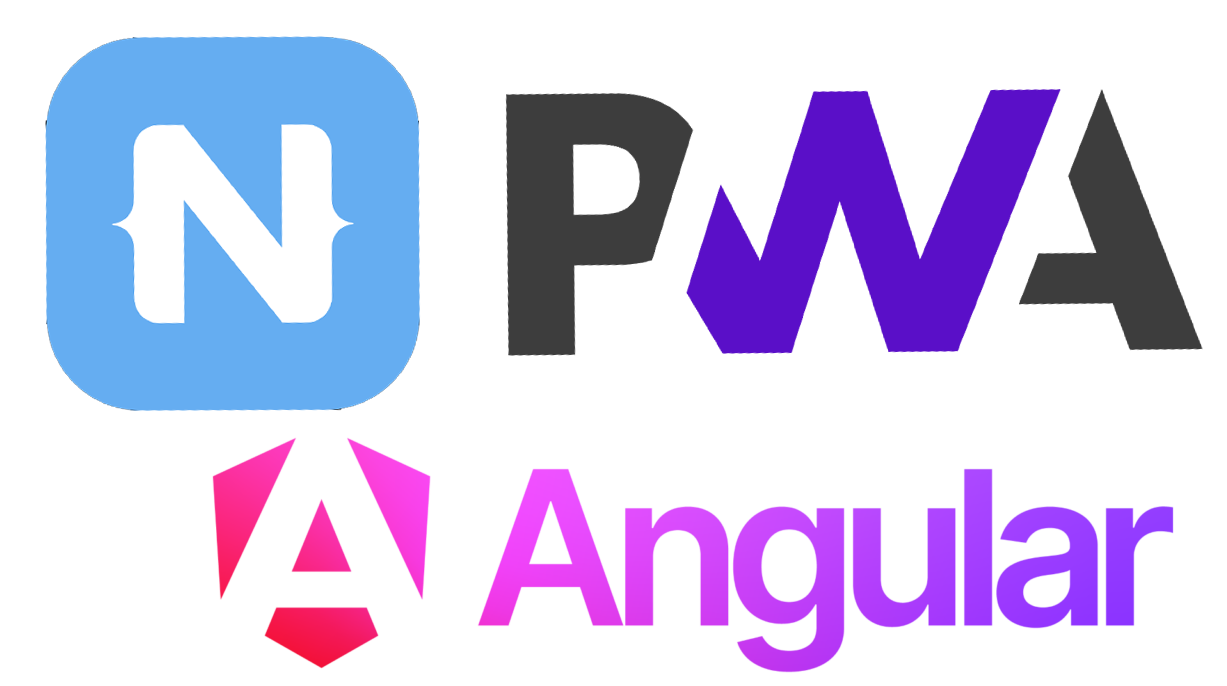
The borders between mobile and web applications are gradually disappearing. In order to cut development costs, it is often reasonable to build the app in a way that allows it to be used both on Android and iOS mobile devices as well as in web browsers. Such hybrid applications can be developed using Angular and NativeScript platform.
If there is no need to access native resources and APIs of a mobile platform then it is also possible to deploy a web app to smartphones as a progressive web application (PWA). In that case, the development costs for mobile platforms are minimal. This approach requires the use of PWA compatible web application framework, such as Angular.
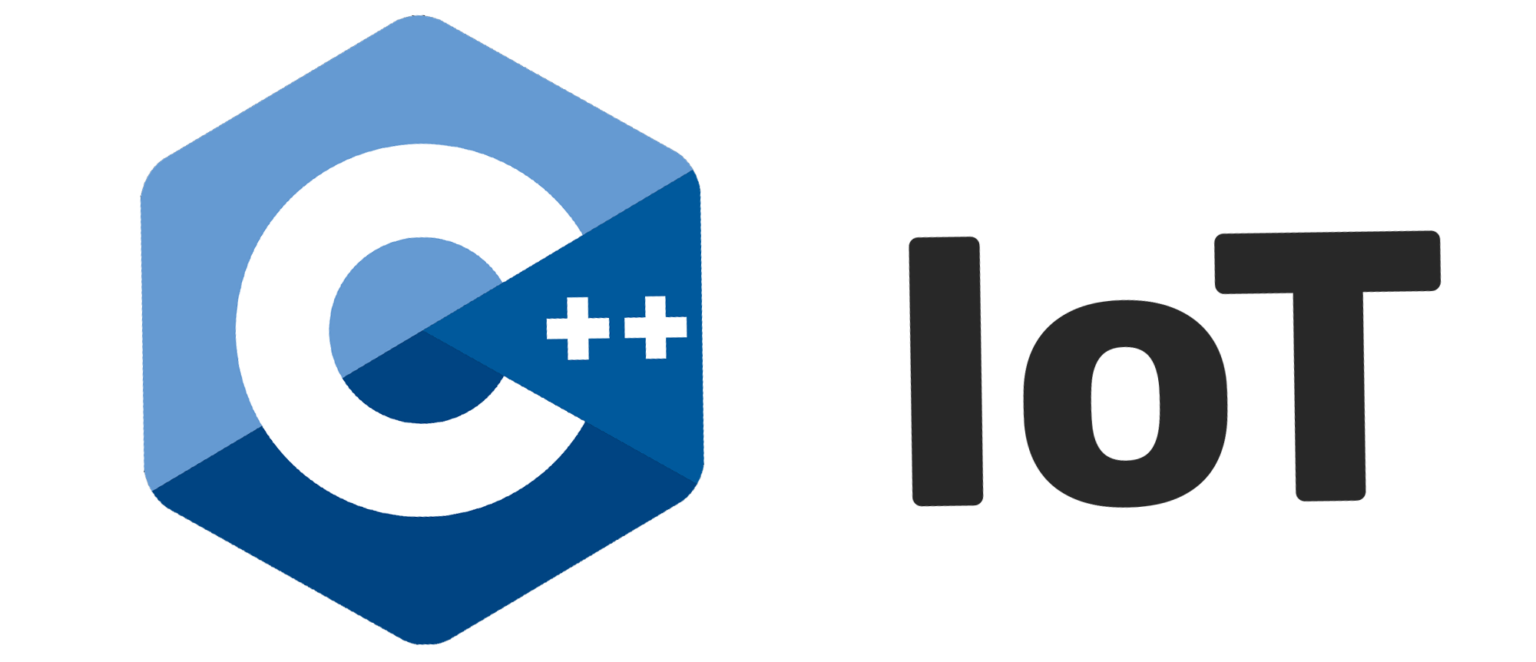
Implementing drivers (modules for hardware access) and codecs (data encoders and decoders) demands special skills of working with lower level data transfer protocols. Our experts have may years of experience with developing both drivers and codecs as well as software adapters for internet of things (IoT) devices.
If the performance requirements demand that the software is to be compiled into native code, then we can use either C or C++ programming language. In most cases this guarantees higher efficiency.
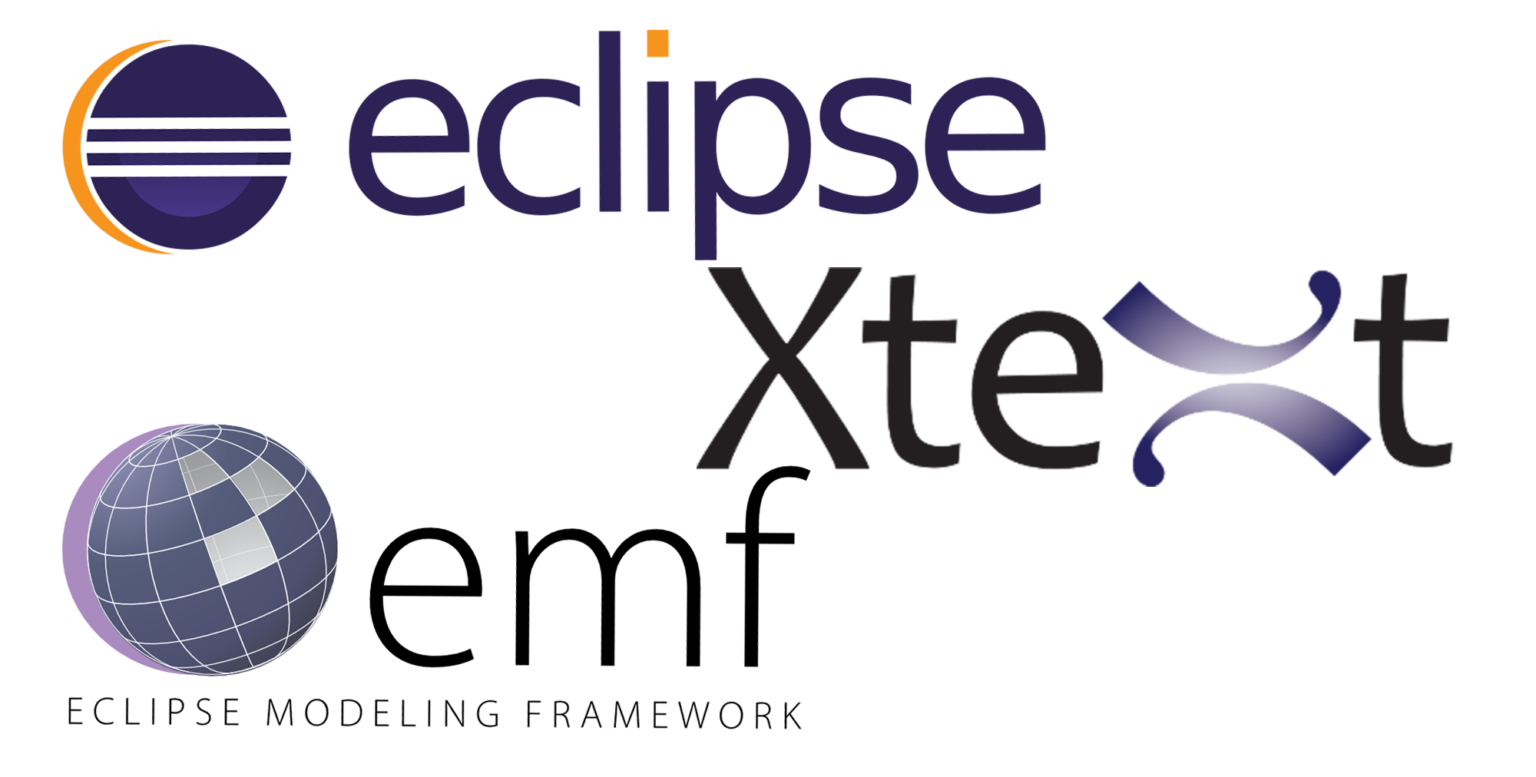
Eclipse is a programming and modelling environment that can be easily extended by adding domain specific tools. It is possible to create editors for drawing custom diagrams and creating text documents with domain specific syntax. New editors can be combined with existing open source components to form task specific workflows.
Eclipse is also well suited for developing model-based tools. For example, Elvior’s TestCast MBT toolset is built on top of Eclipse platform.

Industry automation means applications to ease work process in different industry areas – production – tracking product line and automate logistic of different goods; warehouses – storing and tracing parcels; fully automated solutions for retail clients; etc.
These applications integrate different hardware - like (but not limited to) RFID readers, barcode scanners, printers and software – UI (user interface) and ERP (enterprise resource planning systems; different API-s are possible). We provide development of such applications for Android (we use Android Studio for development) and Windows operating systems – for both smartphones and tablets.